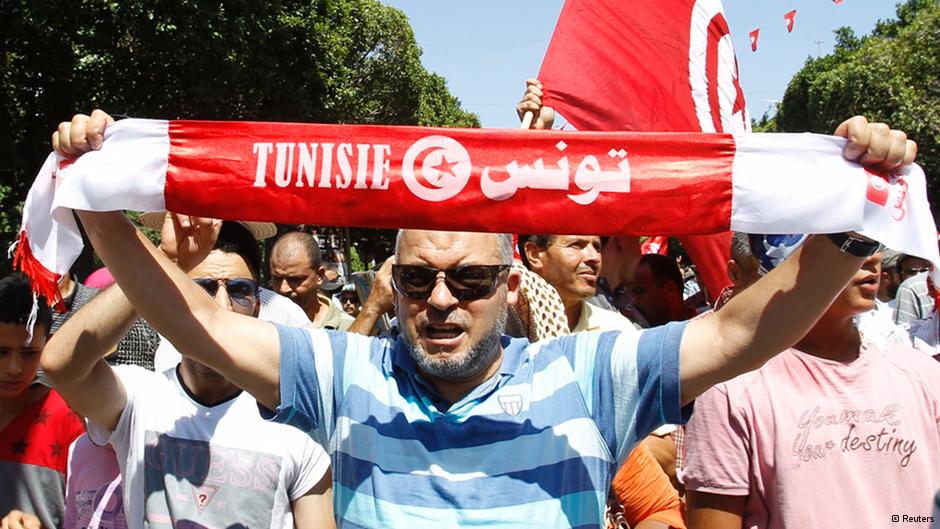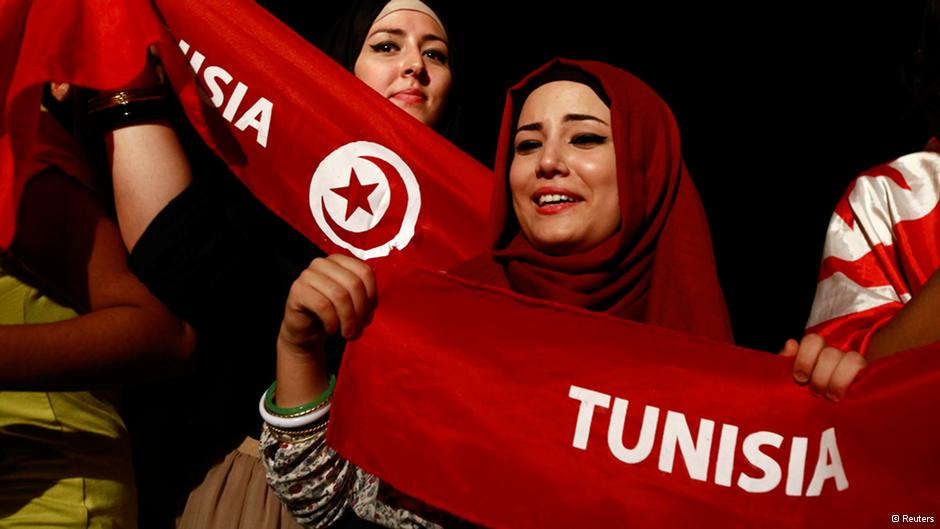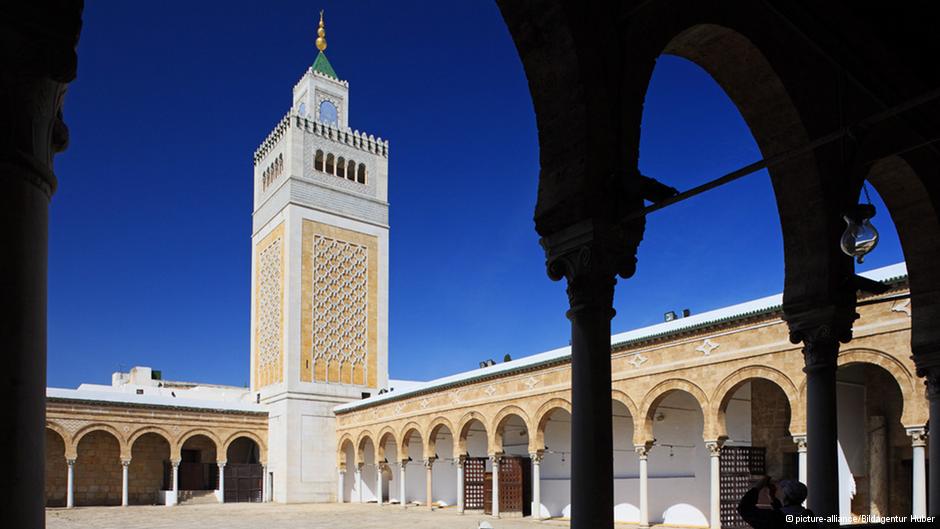Religion's Political Role Expands

"No to coups! Yes to elections!" was the chant blasting out of loudspeakers at the Place de la Kasbah in the Tunisian capital, Tunis, on Saturday, 3 August. More than 200,000 people participated in the demonstration to show their support for the ruling transitional government, according to Najib Gharbi, a spokesperson for the Ennahda party, which has the most seats in parliament.
The demonstration was a response to anti-government protests that have been taking place in Tunisia over the last two weeks. Since the murder of opposition politician Mohamed Brahmi on July 25, a year-and-a-half's worth of pent-up disappointment and anger has exploded into massive protests. One of the protesters' key demands is dissolution of the government and the constitutional assembly, which had been tasked with drafting a new constitution.
The government coalition, made up of the moderate Islamic Ennahda party with the secular Ettakatol Party and the center-left CPR as junior partners, has not been able to provide stability or generate an economic upswing in the country, while the constitutional assembly has not been able to fulfill its key task, demonstrators claimed. A draft constitution was originally supposed to be announced by October 2012. Both the government Cabinet and the constitutional assembly are dominated by Ennahda party members.
Government critics have also called for an inquiry into the murder of Brahmi, as well as of Chokri Belaid, a second murdered opposition politician. In late July, the Interior Ministry announced it has a suspect: Bouabaker el-Hakim, an alleged radical Salafist born in France.
"Ennahda is betraying Islam"
The growing influence of Salafists poses a challenge to the Ennahda movement under Rachid Ghannouchi, who returned to Tunisia from exile in 2011. Officially, Ennahda denies ties to Salafists, and in May the government took a hard line against the Salafist group Ansar al-Shariah.

But contact between moderate and radical Islamic wings are still suspected to exist in Tunisia – a prospect the secular opposition is not willing to accept. At the same time, however, Ennahda's popularity is falling among some Salafists.
"The party is only interested in political power, that is why it governs with secularists," said Walid, a family man who proudly declared himself a Salafist. The secularists include any parties that promote a separation of state and religion, he added. "Ennahda is betraying Islam," Walid said.
Ennahda's willingness to cooperate with secular parties also goes too far for Ansar al-Shariah. It will join forces with al Qaeda in the Islamic Maghreb (AQIM) to fight the "partisans of secularism," said Ansar al-Shariah spokesperson Mohamed Anis Chaieb in March.
Ennahda party members have demonstrated some flexibility in drafting the country's new constitution. In August 2012, it proposed a constitutional article describing women as "complementary" to men, and did not mention gender equality. Women's rights activists took to the streets and pressured Ennahda to withdrawal the article. The party also decided not to imbed Islamic law in the constitution after a debate with opposition groups.
Religion: the new red line
But these steps have not been enough to clear up many Tunisians' doubts about Ennahda. Mériem Bourguiba-Laouiti, granddaughter of former President Habib Bourguiba, said she knows one of the reasons why: "Women feel threatened by Ennahda because they fear for their rights."
Houcine Tlili, an art historian and university instructor, is also concerned: "The Islamists create an atmosphere of fear. Galleries close, artists are threatened. But mainly it's our youth who are fighting against the Islamists' anti-democratic current."

And the Ennahda's judiciary branch has been paying close attention. Blogger Jabeur Mejri was sentenced to seven years in prison for "insulting religion" in 2012 after he published a caricature of the Prophet Muhammad on the Internet. Journalist and television host Hamza Belloumi said he sees an increasing amount of self-censorship in Tunisia. "Religion is the new red line that no one dares approach," he added.
Religion's growing role
For engineer Seif Katri, the current protests are more than a confrontation between the government's supporters and opponents. It's the political role of Islam that splits Tunisia, he said. "The religious are on one side and the secularists are on the other," he added. As a practicing Muslim, Katri said he was concerned about the country's short-term future.
"Particularly at the beginning of democracy, extremes are very dangerous," he said, adding that he did not participate in demonstrations for or against the government. "During the revolution [that ousted dictator Zine El Abidine Ben Ali] in 2011, all Tunisians united and took to the streets. It did not matter if individuals were religious or secular." But Katri thinks that situation has changed.
